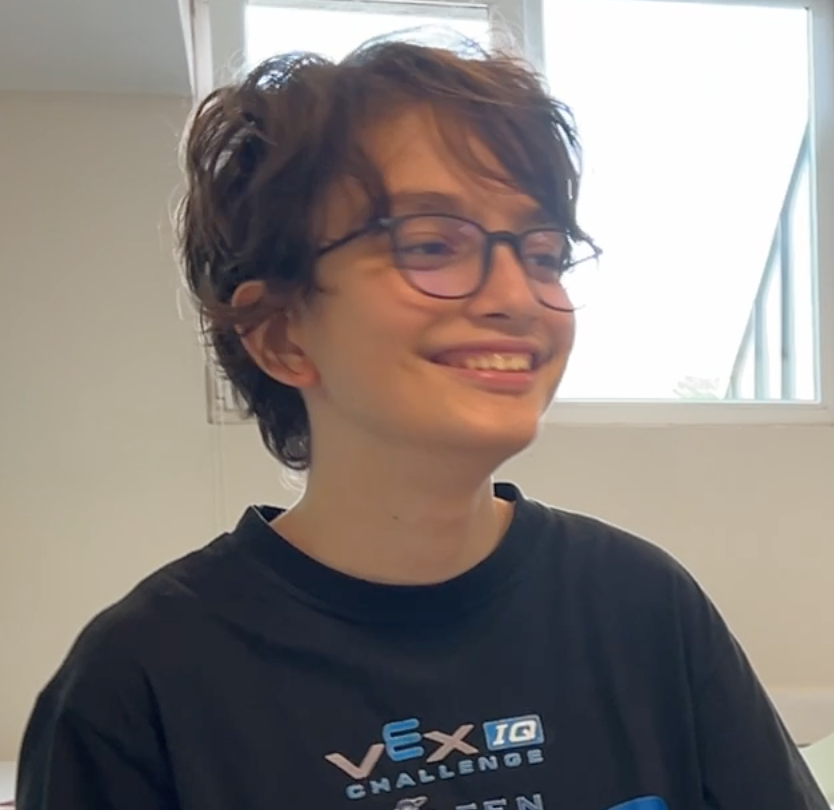This is the second version of the concert website I built for my neighbor — a piano & violin teacher who organizes student concerts. This time, I wanted to go further than just showing who’s playing: I wanted to embed a live video stream, and also create graphics overlays for the stream itself.
🌐 The Website
The frontend was built with:
- Vue 3
- TailwindCSS
- Deployed on Cloudflare Pages
It displays:
- The concert title and date
- A list of performers and their pieces
- An embedded livestream viewer (YouTube or local stream)
- Smooth transitions between performers
The performer data is structured as JSON, and I made a small control interface (private) to update who’s on stage during the show.
🎥 Graphics System 1.0
For the first livestream, I built a basic graphics overlay system:
- A custom HTML “lower third” component (like you see on news channels)
- Connected to a Flask + WebSocket backend
- Data from the site is pushed to the overlay in real-time
- The overlay was added to OBS as a browser source
It worked — and looked good — but it wasn’t super flexible or modular.
🧠 Graphics System 2.0 (NodeCG)
Later, I rebuilt the entire overlay system using NodeCG, which let me:
- Pull data directly from the same JSON used on the site
- Create a control panel with buttons to show/hide overlays
- Have better animation and responsiveness
- Manage everything cleanly from a browser
This system was used in the final concert — and over 80 people watched the stream live 🎉
🎬 Final Thoughts
Concert Website 2.0 was a huge upgrade over the first version. Not only did it look better, but the integration with OBS and custom graphics gave it a professional touch. The audience, both in-person and online, could easily follow the program, and the whole thing felt more polished.
I’m super proud of this one.
🔗 Links
Want a follow-up post just about the NodeCG setup or the Flask version? Let me know and I’ll write a full breakdown!
